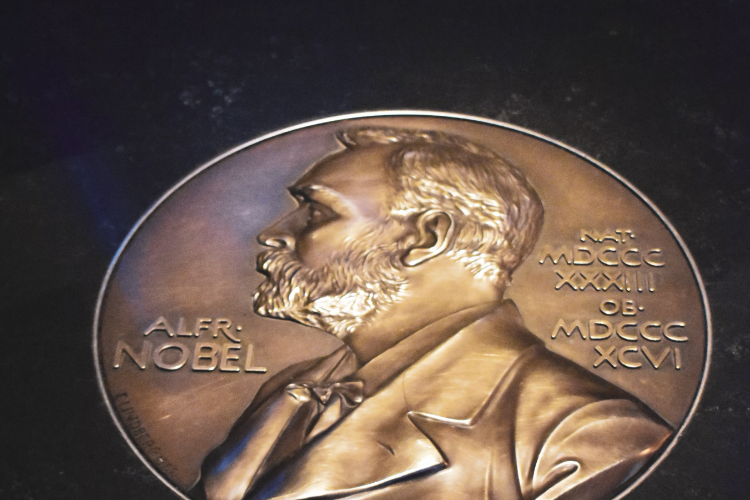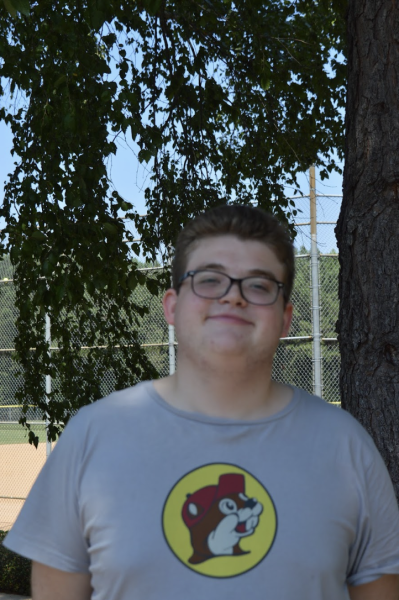The Nobel prize is awarded to outstanding individuals in their field. Dating back to 1901, the prize started from a fund in Swedish scientist Alfred Nobel’s will that allocated much of his fortune to honoring those who have made significant contributions in their respective fields.
Today, his legacy lives on, as the annual prize awards individuals in chemistry, physics, economics, medicine, literature and social activism. Winner are given a gold-plated medal, diploma announcing their merit, and prize money amounting to over one million dollars (11 million SEK.)
Three individuals were awarded the Nobel Prize in Physics: Pierre Agostini, Ferenc Krausz and Anne L’Huillier. The trio provided experimental methods that generate attoseconds pulses of light for the study of electron dynamics in matter. Pierre Agostini is a French experimental physicist and he is known for his pioneering work in strong-field laser physics and attosecond science. Ferenc Krausz is a Hungarian–Austrian physicist working in attosecond science. He is a director at the Max Planck Institute of Quantum Optics and a professor of experimental physics at a university in Germany. Anne L’Huillier is a French-Swedish physicist and currently is a professor of atomic physics at Lund University in Sweden. Her experimental and theoretical research are credited with laying the foundation for the field of attochemistry.
The 2023 Nobel Prize in Physiology and Medicine was awarded for the development of nucleoside base modifications that enabled the creation of effective mRNA vaccines against COVID-19. Messenger ribonucleic acid can not only help with the formation of vaccines, but may help with the treatment of cancer, cardiovascular and metabolic disease. The prize was awarded to Katalin Karikó, a Hungarian-American biochemist who laid the scientific groundwork for mRNA vaccines, overcoming major obstacles in the scientific community, and Drew Weissman, an American physician and immunologist. He is best known for his work in mRNA vaccines, most notably, the COVID-19 vaccine.
Louis E. Brus, Alexei I. Ekimov and Moungi Bawendi won the 2023 Nobel Prize in Chemistry for the discovery and synthesis of quantum dots. Moungi Bawendi is an American-Tunisian-French chemist. He is a professor at Massachusetts Institute of Technology and is known for his work in the chemical production of high-quality quantum dots. Louis Brus is a Professor of Chemistry at Columbia University. He is the co-discoverer of the colloidal semiconductors nanocrystals known as quantum dots. Alexei Ekimov, a Russian physicist and Leningrad State University graduate, worked alongside Bawendi and Brus to make their breakthrough research.
The 2023 Nobel Prize in Literature was won by Jon Fosse for his plays and prose which is famed to give voice to the underrepresented. Jon Fosse is a Norwegian author, translator and playwright. His work spans over 70 novels, poems, children’s books, essays and theater plays, which have been translated into over 55 different languages.
Narges Mohammadi was awarded the 2023 Nobel Peace Prize for her fight against the oppression of women in Iran and her activist work that championed human rights and freedom for people of all backgrounds.
The 2023 Sveriges Riksbank Prize in Economic Sciences in Memory of Alfred Nobel was awarded to Claudia Goldin for having advanced our understanding of women’s labor market outcomes. Claudia Goldin is a Professor at Harvard University. Her research covers a wide range of topics, including the female labor force, the gender pay gap, income inequality, technological changes, education and immigration.
The 2023 Nobel prize recipients range from a wide array of topics from quantum dots to the COVID-19 vaccine — all, however, have made both significant and plentiful contributions in their fields, and have earned the respect of both their colleagues and coworkers alike.












































































